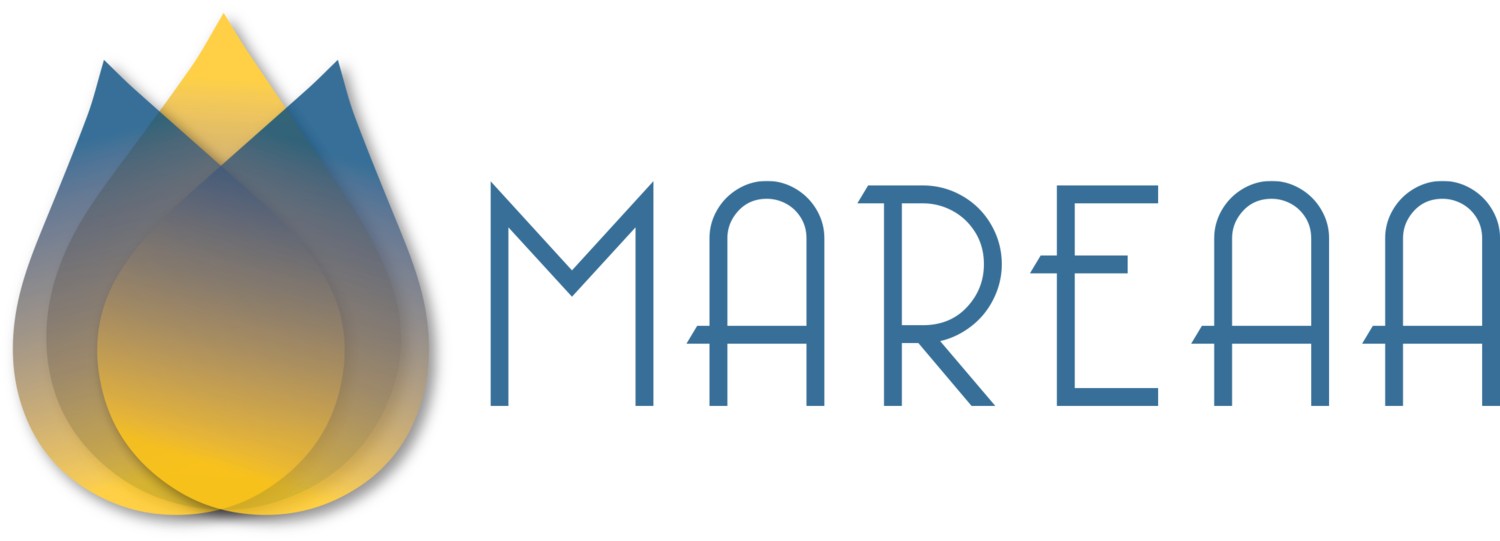CODE OF ETHICS FOR MARRIAGE & RELATIONSHIP EDUCATORS
The purpose of a code of ethics is to establish standards for educators, and protection for clients seeking education. Members of this Association, in assenting to the code, accept their responsibilities as educators to their clients, their colleagues, the agencies they work for and this Association.
1. Professional Behaviour
An educator will use his or her position to promote the best interests of the client, and should avoid personal, commercial or other conflict of interest.
An educator will maintain appropriate professional boundaries, and not misuse any client relationship for personal gratification
An educator offers professional educative service to clients, and will work with people without discrimination. Where this is not possible, the educator will endeavour to make an appropriate referral;
An educator will work with honesty and integrity, being respectful of people, both clients and colleagues and protecting their dignity and welfare
An educator will work within the limits of their professional training and experience;
An educator will not attempt to assess, counsel or advise on problems outside the scope of their professional training or role as an educator;
An educator will respect the boundaries and expectations of the agency for which they work.
2. Safety – Personal, physical and emotional
An educator is obliged to be aware of Occupational, Health and Safety matters, and take such steps as are necessary to ensure the safety of clients and colleagues. This will include being familiar with the premises in which courses are conducted, and procedures to adopt in an emergency;
An educator will, as far as possible ensure the confidentiality of clients whether in individual sessions or groups, by defining the nature and purpose of confidentiality and by treating all information disclosed as confidential, unless the client otherwise gives permission;
An educator will respect people’s personal boundaries, and also respect their right to choose the level at which they will participate in activities;
An educator is obliged to be aware of the issues of domestic violence and child abuse in relationships in planning and conducting programs of education.
3. Competencies
An educator will maintain their own effectiveness by seeking and participating in regular professional development including supervision and on-going training;
An educator will maintain professional accountability, by seeking feedback from clients, colleagues and supervisors, and by participating in regular evaluation of programs and regular professional appraisal;
An educator will be competent in the application of appropriate techniques for the context of the programs being delivered;
An educator will strive to maintain congruence between their education goals and behaviours and attitudes in that context
An educator will have a comprehensive and up to date knowledge of the subject domain in which they are teaching, including relevant theory, and be able to conduct discussion and answer questions within that domain.
